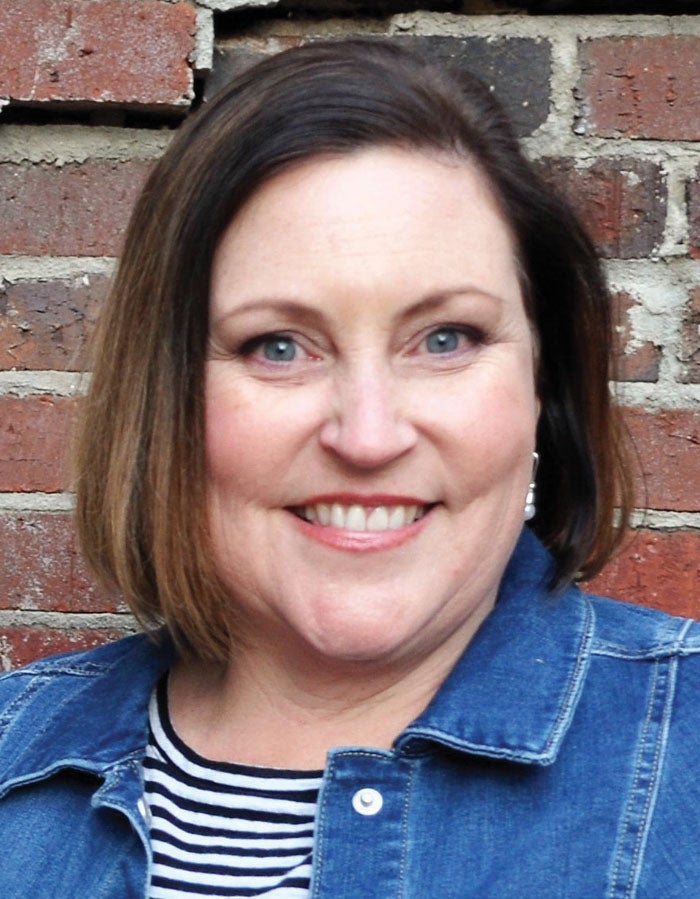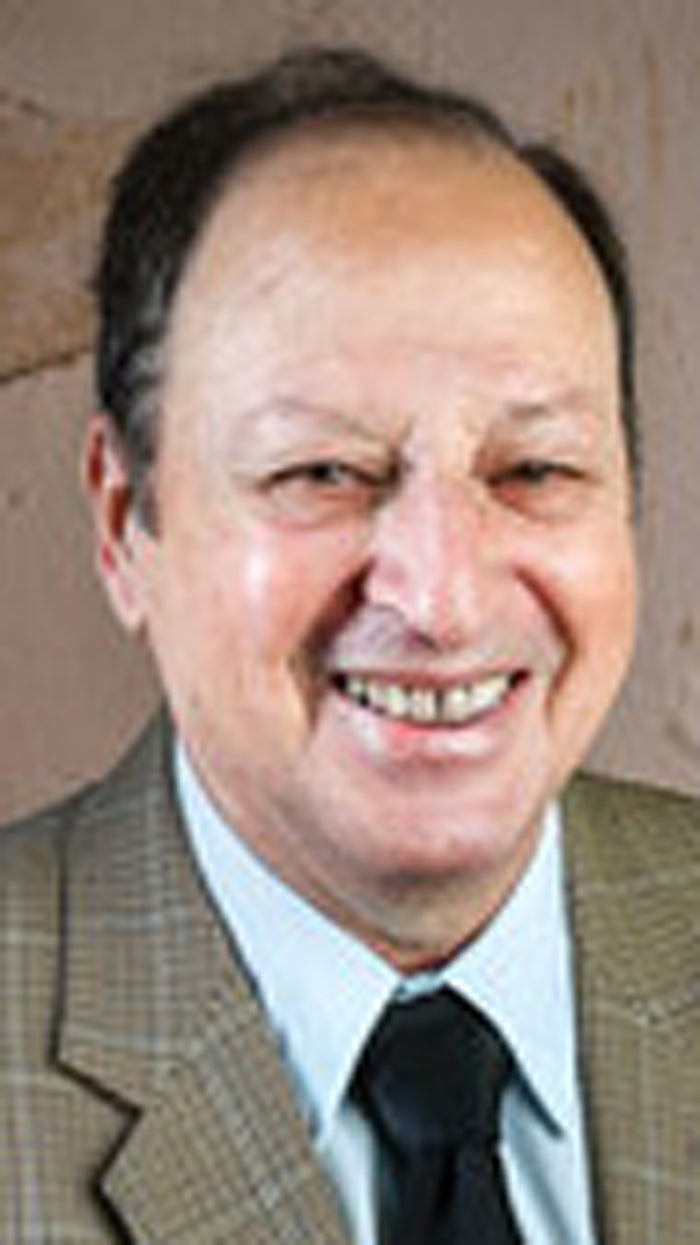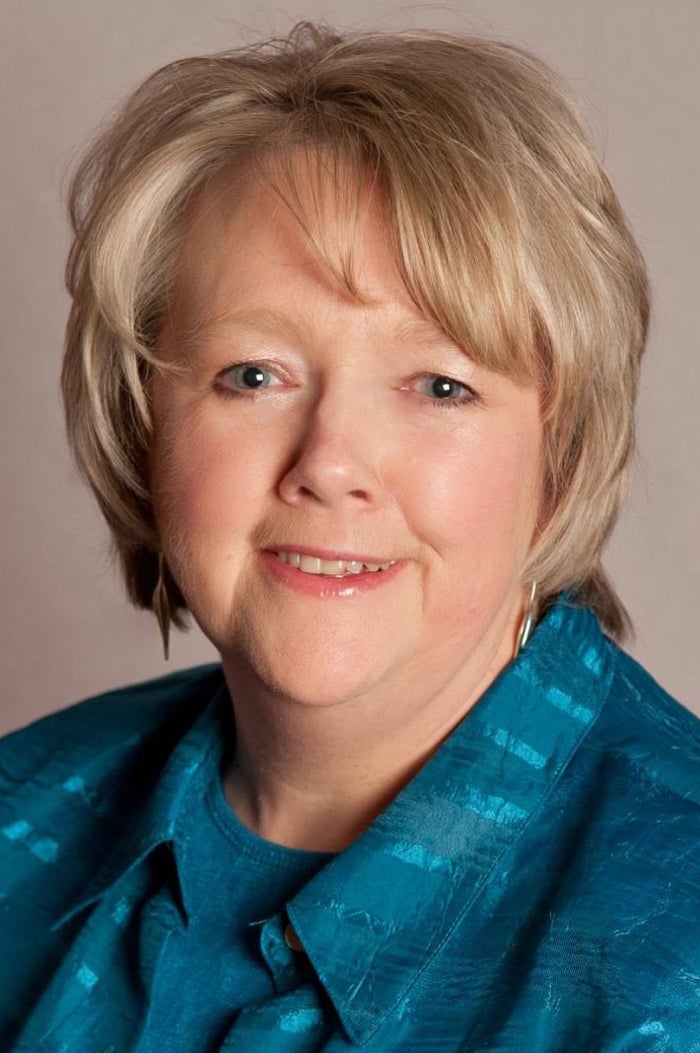Three seek to turn the 83rd N.C. House District blue
Published 12:00 am Saturday, April 14, 2018
In hopes to take advantage of a so-called “blue wave,” three Concord Democrats are running for the chance to represent the 83rd District in the North Carolina House of Representatives.
Senah Andrews and Gail Young are making their first forays into public office, though Young brings with her 26 years of experience working for Mecklenburg County in human resources.
Earle Schecter, a North Carolina transplant from New York, has campaigned against incumbent Rep. Larry Pittman before.
Each approaches the seat with their own focuses and inspirations.
Senah Andrews
Andrews comes to the House race with a background in psychology and education. She has taught classes at Rowan-Cabarrus Community College and owns her own psychology practice in Concord.
She said it’s her background in mental health that sets her apart from other candidates in the 83rd District.
“In serving some of the most vulnerable people in our community, I have spent countless hours listening to the issues that concern people the most,” said Andrews.
Those issues, she said, range from lack of a living wage to inadequate transportation to inadequate funding for health care.
“At some point, I realized I was working harder and harder every year and getting fewer results,” she said. “ … I understood that I was going to have to be a part of a bigger picture and try to make some changes at a state level that might alleviate some of those barriers.”
Andrews said she sees three foundational areas that “make a community healthy and bright”: education, health care and jobs. She likened that to a three-legged stool: it’s going to topple over if one of these key areas is not addressed, she said.
This means she is not choosing one area of focus over the others, she said, because they’re all interconnected. She said high-quality education and health care attract new business to an area.
“We need to train and educate the community to be able to meet the needs of new companies,” she said. “There can’t be a mismatch of what we are prepared to go do in our jobs and what the new jobs that are coming in require.”
Outside this three-legged stool, Andrews voiced concern about gerrymandering. She said it would be one of the first things she addresses if elected, alongside health care and education.
“Everyone in the state, everyone in the country deserves to have a voice that gets heard,” said Andrews.
Earle Schecter
Making his third bid for public office, Schecter has faced Larry Pittman in the past two general elections.
Both were then campaigning in the 82nd District, with Schecter falling short by 19 percent of the vote in 2014 and just under 16 percent in 2016.
The former school counselor and truck stop owner said he sees a change in the proverbial tide this year.
“This year, I hope to win with the Democratic wave,” he said. “Two years ago, the Democrats didn’t come out to vote. People were turned off by Hillary Clinton.”
He said he was inspired to run after learning that Cabarrus County schools are not receiving as much state funding as other counties.
“That’s probably due to the political representatives that we have here,” he said.
Schecter said research led him to discover startling things about the Cabarrus County criminal justice system.
“It’s horrible,” he said. “We have people who have been in there a couple years who have never seen a judge. … When I started finding these things out, I said I always like to … try and change things.”
Across the state, Schecter said, he sees a need to raise the minimum wage and expand Medicaid.
“(I)t’s so important that we get a grip with these problems in North Carolina,” said Schecter. “… If we get three more seats for Democrats, the General Assembly can turn over frivolous bills and dangerous bills that are arbitrarily denying people medical coverage.”
If elected, Schecter said his first steps would involve “mend(ing) the fences” between Cabarrus County and its representatives.
He wants to create a coalition of community leaders, he said.
“I want to immediately try to get people together, a philosophically different group so we can work to improve,” he said. “They all know what the problems are, but without the money from Raleigh, what are they going to do?”
Gail Young
For Young, community activism came naturally through life lessons and spiritual beliefs.
“(M)y parents taught me if you are not part of the solution, you are contributing to the problem,” she said. “My spiritual belief is we have a moral responsibility to help the poor, care for the elderly and the orphan, and welcome the immigrant into our land.”
Young has been director of Citizens in Action NC, a group working to inform and empower residents to engage with state elected officials.
“I believe government is the one thing we all collectively own,” she said. “Each of us doing our part can make government work, whether your part is to run for office, support your candidate of choice, or vote.”
She’s appealing to voters who “crave fundamental change, feel we need to address basic moral issues and desire to create a North Carolina based on shared values.”
Current representatives do little to uphold these values, she said.
“I think the current representative does a poor job representing all constituents of the district,” said Young. “We need a representative who works to ensure the district receives our share of state resources.”
In the 83rd District, Young stressed a need to address problems in public education, basic human rights, opioid addiction, and overt and systemic racism.
Statewide, she identified needs for comprehensive veterans’ support in the event of federal gaps and job growth following the business-discouraging passage of HB2.
At the forefront, she said, is the issue of gerrymandering – which she intends to address first if elected alongside public safety in gun laws and education equity.
“In order to be effective, representatives must demonstrate they put the people first,” said Young. “The first order of business should be to end gerrymandering. Both parties have tried to use this for partisan favor. That practice needs to end.”





